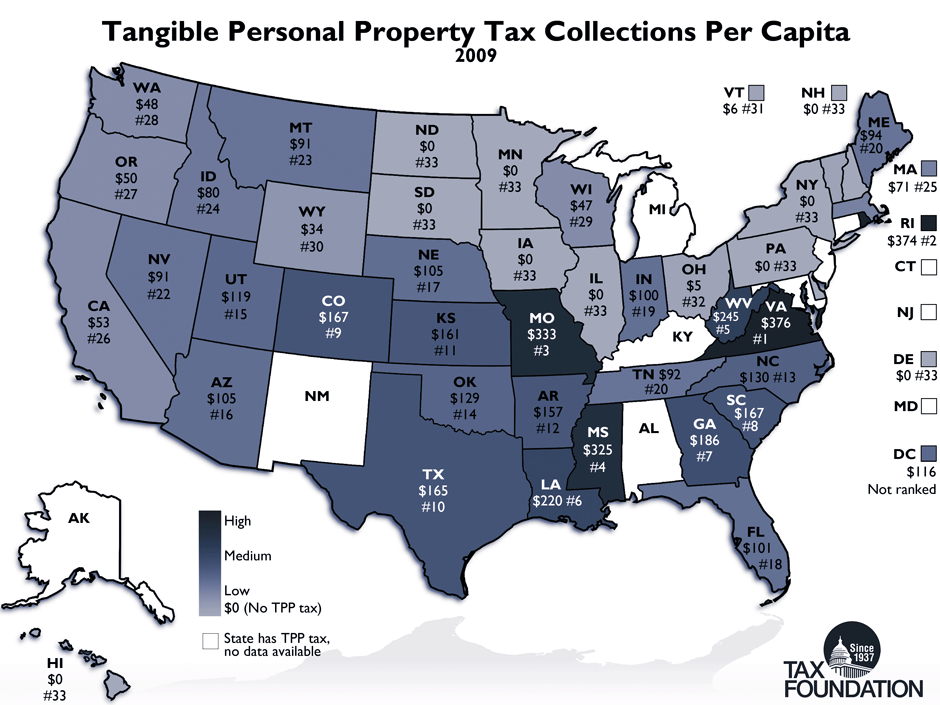FLORIDA INTANGIBLE PERSONAL PROPERTY TAX
Post on: 3 Июнь, 2015 No Comment

By: Judith Lohman, Chief Analyst
You asked for an explanation of Florida ‘ s tax on intangible personal property tax, also known as the intangibles tax.
SUMMARY
Florida ‘ s intangible personal property tax was an annual tax on the market value of intangible property, such as stocks, bonds, and mutual fund shares, owned by Florida residents and businesses. In 2006, the Florida legislature repealed most parts of the tax effective January 1, 2007 (Ch. 312 (H.B. 209), Laws 2006). In 2006, the intangibles tax rate was 50 cents for each $1,000 of property value. The first $250,000 of individual, business, or trust property was exempt ($500,000 for joint filers) as were many types of intangible property, including cash, certificates of deposit, individual retirement accounts, and annuities.
Although the legislature repealed most of the intangibles tax, it retained (1) a one-time tax on obligations for money payments secured by real property and (2) an annual tax on the value of leases of government property by nongovernmental entities.
FLORIDA INTANGIBLES TAX
Until it was repealed, Florida imposed an annual tax on the market value of intangible personal property. Florida law defined intangible property as any property that, while not intrinsically valuable, derives value from what it represents. The most common types of property covered by the tax were:
1. stocks;
2. corporate and government bonds issued by government entities outside of Florida;
3. accounts receivable and other payment obligations not secured by real property; and
4. shares or other types of ownership units in mutual or money market funds and incorporated and unincorporated businesses.
The basis of the tax was the market value of the taxable property as of January 1 each year. The 2006 tax rate was $0.50 per $1,000 of valuation, ($500 per $1 million) reduced from the previous rate of $1.00 per $1,000. For single filers, businesses, and trusts, the first $250,000 of property value was exempt; for joint filers, the exemption was $500,000.
The following types of intangible property were not taxed:
1. cash, certificates of deposit, and annuities and similar instruments;
2. units of registered investment companies organized as trusts, if the companies were not incorporated and at least 90% of the net asset value of their portfolios was exempt;
3. intangible property held in employee welfare, benefit, or retirement plans;
4. property held in individual retirement accounts or deferred compensation plans;
5. interests in general partnerships or in limited partnerships not registered with the Securities and Exchange Commission;
6. franchises;

7. Florida state and municipal and U.S. government bonds;
8. notes and other obligations (except bonds) secured by liens on real property;
9. real estate mortgage investment conduits and financial assets securitization trusts secured by mortgages;
10. intangible property owned by tax-exempt charitable, religious, and educational institutions; and
11. accounts receivable arising out of the normal course of business (2005 Fla. Stats. § 199.012 et. seq.)
Florida ‘ s state intangibles tax law dates from 1931, although counties could impose an intangibles tax starting in 1924. The state has administered the tax since 1972. The tax was often referred to as voluntary because Florida residents could easily avoid it by creating irrevocable trusts to hold their taxable intangible personal property. These trusts were commonly referred to as FLINTs (Florida intangible tax trusts) and FLITEs (Florida intangible tax-exempt trusts) and were sanctioned by the Florida Department of Revenue. With the repeal of the tax, such trusts are no longer needed.
NONRECURRING AND GOVERNMENT LEASEHOLD TAXES
Although the legislature repealed most provisions of the intangibles tax, two such taxes remain in effect:
1. a one-time tax of $2 per $1,000 on the value of notes, bonds, or other obligations for payment of money secured by mortgage deeds or other liens on real property (usually paid when the obligation is recorded) and
2. an annual tax on the value of leases of real property owned by a government to nongovernmental entities and requiring rental payments (2006 Fla. Stats. § 199.133).














